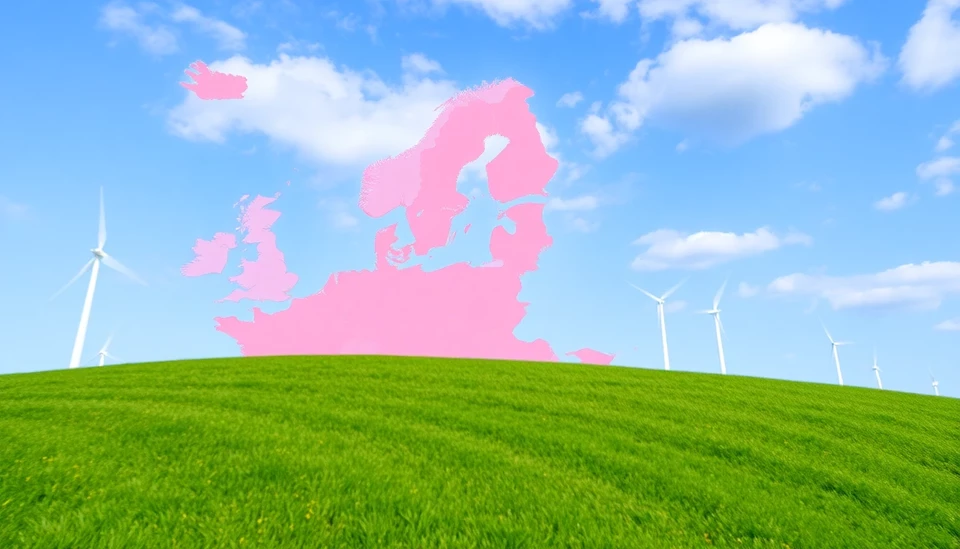
As Europe faces an unusual spell of warm and windy weather, analysts are predicting a significant increase in renewable energy generation across the continent. This shift in climate is projected to provide a much-needed boost to energy production from wind and solar sources, enhancing European countries' ongoing transition towards sustainable energy systems.
The latest data from various energy-monitoring agencies indicates that with higher-than-average temperatures, energy demand for heating is likely to decline, fostering an environment where renewable sources can outproduce traditional fossil fuels. This situation is particularly favorable for countries heavily investing in wind and solar infrastructure, as they can capitalize on the cooperative atmospheric conditions.
Wind power generation, in particular, is set to reach new heights, taking advantage of the strong winds typical of early spring. Consequently, countries like Germany, Spain, and Denmark are expected to lead the way by leveraging their extensive wind farms, which are anticipated to operate at full capacity. Analysts suggest that this surge in generation could mean lower prices for consumers, as the abundance of renewable energy forces market prices down.
Solar generation is also predicted to increase substantially due to the extended daylight hours and clear skies that tend to accompany warm weather. Households and businesses that have invested in solar panels could benefit from this trend as they generate more electricity, potentially reducing their reliance on the grid.
However, experts warn that this favorable weather can also disguise the vulnerabilities inherent in Europe's energy landscape. The reliance on variable resources like wind and solar means that any sudden changes in weather, as Europe faces seasonality, could lead to fluctuations in energy supply, potentially creating challenges for grid stability. As a result, energy authorities are being urged to enhance energy storage solutions and improve grid connectivity between nations to mitigate these risks.
Moreover, as more countries commit to integrating renewable energy into their generation mix, there are concerns around managing the balancing act between supply and demand. Policymakers may need to recalibrate regulations to encourage flexibility in energy systems, ensuring that Europe can effectively harness the potential of these renewable sources, making the continent a leader in sustainable energy practices.
This rise in renewable energy generation not only highlights advancements in technology and infrastructure but also showcases Europe's commitment to reducing carbon emissions and combating climate change. It is essential that the momentum gained during these favorable weather conditions is built upon, leading to longer-term strategies for sustainability.
In conclusion, as Europe enjoys a perfect storm of warm and windy conditions, the resultant surge in renewable energy generation serves as both an opportunity and a challenge. The actions taken in the coming months will shape the continent's energy future, and it is vital that stakeholders capitalize on this moment to further push towards a greener energy paradigm.
#RenewableEnergy #WindPower #SolarEnergy #Sustainability #Europe #ClimateChange #EnergyTransition #GreenEnergy
Author: Peter Collins




